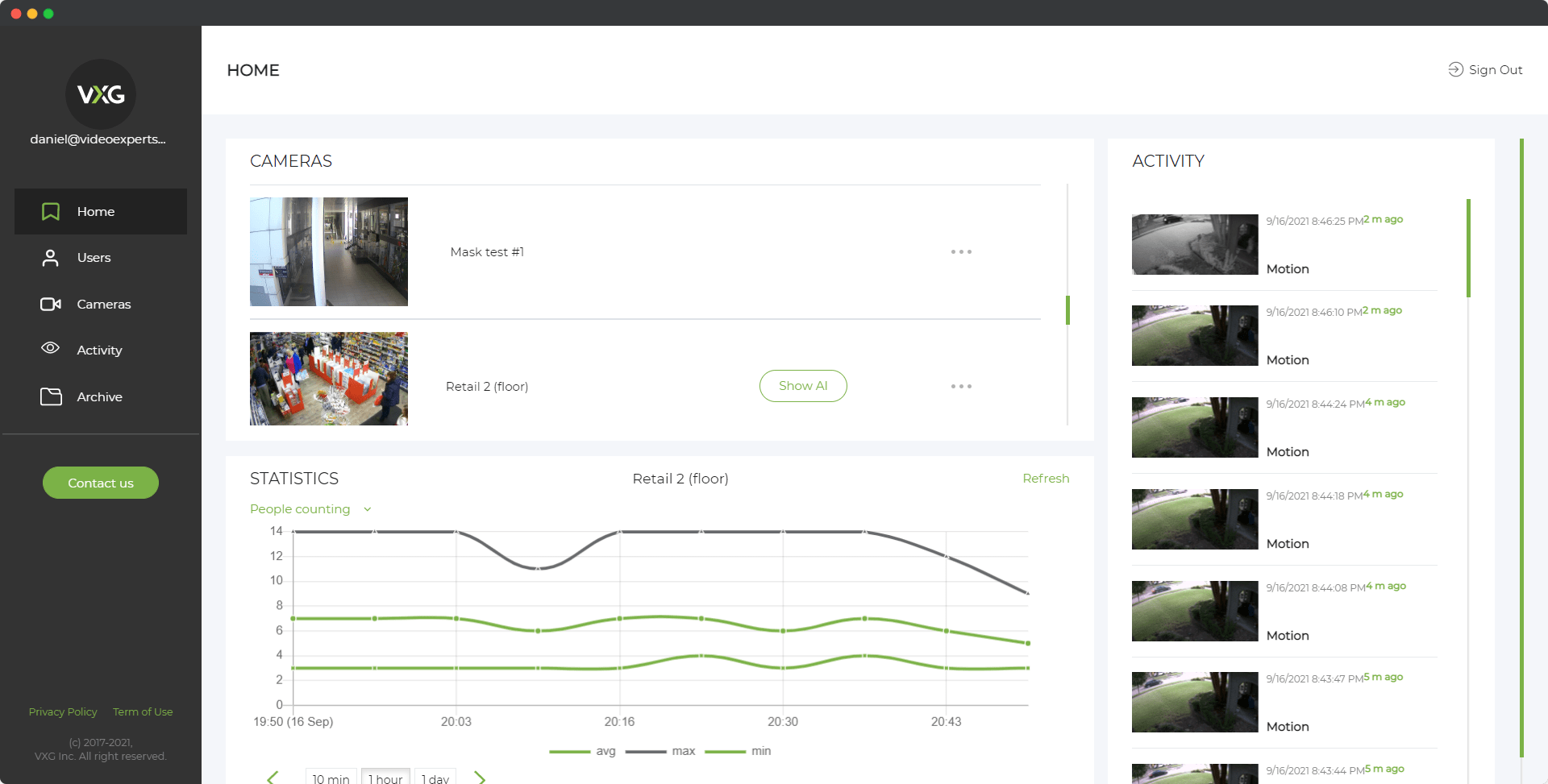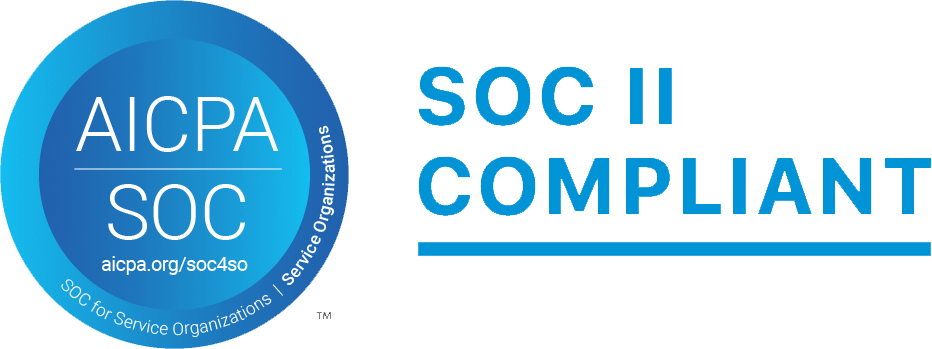Security cameras have become a crucial part of home and business security, helping to prevent crime and monitor activities. However, before installing cameras in Virginia, it's essential to understand the legal aspects to avoid violating privacy rights. This guide explores the key legal considerations surrounding security cameras in Virginia, including where you can place them, what is considered legal and illegal, and how to ensure you stay compliant with state laws.
Can I Legally Install Security Cameras in Virginia?
Yes, you can install security cameras on your property in Virginia, but there are certain rules you must follow to ensure you're not violating anyone’s privacy rights. Generally, private property owners have the right to monitor areas they own, but there are restrictions on where cameras can be placed and how they are used.
For instance, security cameras can be placed on the exterior of your home, in your yard, or at your business, provided they do not infringe upon the privacy of others. It’s crucial to avoid monitoring areas where people have a reasonable expectation of privacy, such as bathrooms, bedrooms, and private spaces in someone else’s home or property.
Virginia Surveillance Laws: What You Need to Know
Virginia law allows for surveillance on private property as long as it doesn't violate the privacy of individuals. This includes areas such as your front yard, driveway, or any location visible from your property. The law prohibits surreptitious or hidden surveillance of individuals in places where they expect privacy, such as private homes, bedrooms, and bathrooms.
Privacy Considerations: Where Can I Place My Security Cameras?
While security cameras are essential for safety, you must ensure that they do not invade the privacy of others. In Virginia, you are legally allowed to place cameras on your property, but they should be directed at areas you own or control. Key points to keep in mind:
-
Public Spaces: You can monitor public areas like sidewalks or streets, as long as the cameras are on your property. However, you cannot point your camera directly into someone else’s private property, like a neighbor’s yard or window.
-
Private Spaces: You cannot install cameras inside private spaces without consent. For example, if you want to install a camera inside your home, you need to ensure it doesn't monitor someone else’s private areas without their permission.
-
Audio Recording: Virginia is a two-party consent state, which means that if your camera also records audio, all parties being recorded must consent. Audio recording without consent can be a violation of privacy laws.
Are There Restrictions on Using Security Cameras for Businesses?
Businesses in Virginia have the right to use security cameras to monitor their premises. However, they must still comply with privacy laws. If you run a business, ensure that cameras are only placed in public or common areas, such as parking lots, entryways, or public spaces inside the building.
-
Employee Privacy: You cannot install cameras in private areas, such as restrooms or break rooms, where employees have a reasonable expectation of privacy.
-
Customer Privacy: Similarly, you cannot place cameras in places where customers would expect privacy, such as changing rooms in retail stores or restrooms.
-
Audio Surveillance: If you are recording audio in addition to video, all employees and customers must be informed and consent to the recording. In some cases, signage must be posted notifying individuals that they are being recorded.
Can Security Cameras Record Audio in Virginia?
Virginia is a “two-party consent” state for audio recording, which means that you cannot legally record conversations unless all parties involved are aware of and agree to the recording. This includes the use of microphones on security cameras.
If you want to use your security camera to capture audio, you must inform people who might be recorded and obtain their consent. Failure to do so could result in legal penalties for wiretapping or violating privacy laws.
What About Security Cameras on Public Property?
You cannot place security cameras on public property in Virginia without permission from the local government or authorities. However, there are some exceptions, especially in cases where security cameras are used for public safety by law enforcement agencies. If you are a private individual, avoid setting up surveillance equipment on public roads or spaces without proper authorization.
How Long Can Security Camera Footage Be Retained?
There is no set law on how long you can store footage in Virginia, but there are best practices. Many security systems allow you to retain video for a specified period, often 30 to 90 days. It’s important to regularly review and delete unnecessary footage to comply with data protection principles.
For businesses, it is advisable to keep footage for a period relevant to the nature of the business (e.g., a few weeks to a few months) but avoid holding onto video for an extended period unless it is needed for evidence or legal purposes.
What Are the Penalties for Violating Security Camera Laws in Virginia?
If you violate privacy laws related to security cameras in Virginia, you could face civil or criminal penalties. For example, surreptitiously recording someone in a private place without their consent may result in charges of illegal surveillance or wiretapping. Violations may also lead to lawsuits for invasion of privacy, which could result in damages.
To avoid penalties, ensure that your camera surveillance system complies with Virginia's privacy and surveillance laws, and always obtain consent if recording audio.
Do I Need to Post a Sign if I'm Using a Security Camera in Virginia?
Virginia law doesn’t specifically require you to post a sign if you have security cameras on your property. However, if your system records audio, you must inform anyone who might be recorded. In business environments, it is a good idea to place clear signage informing employees and customers that they are being monitored by security cameras.
FAQ
















